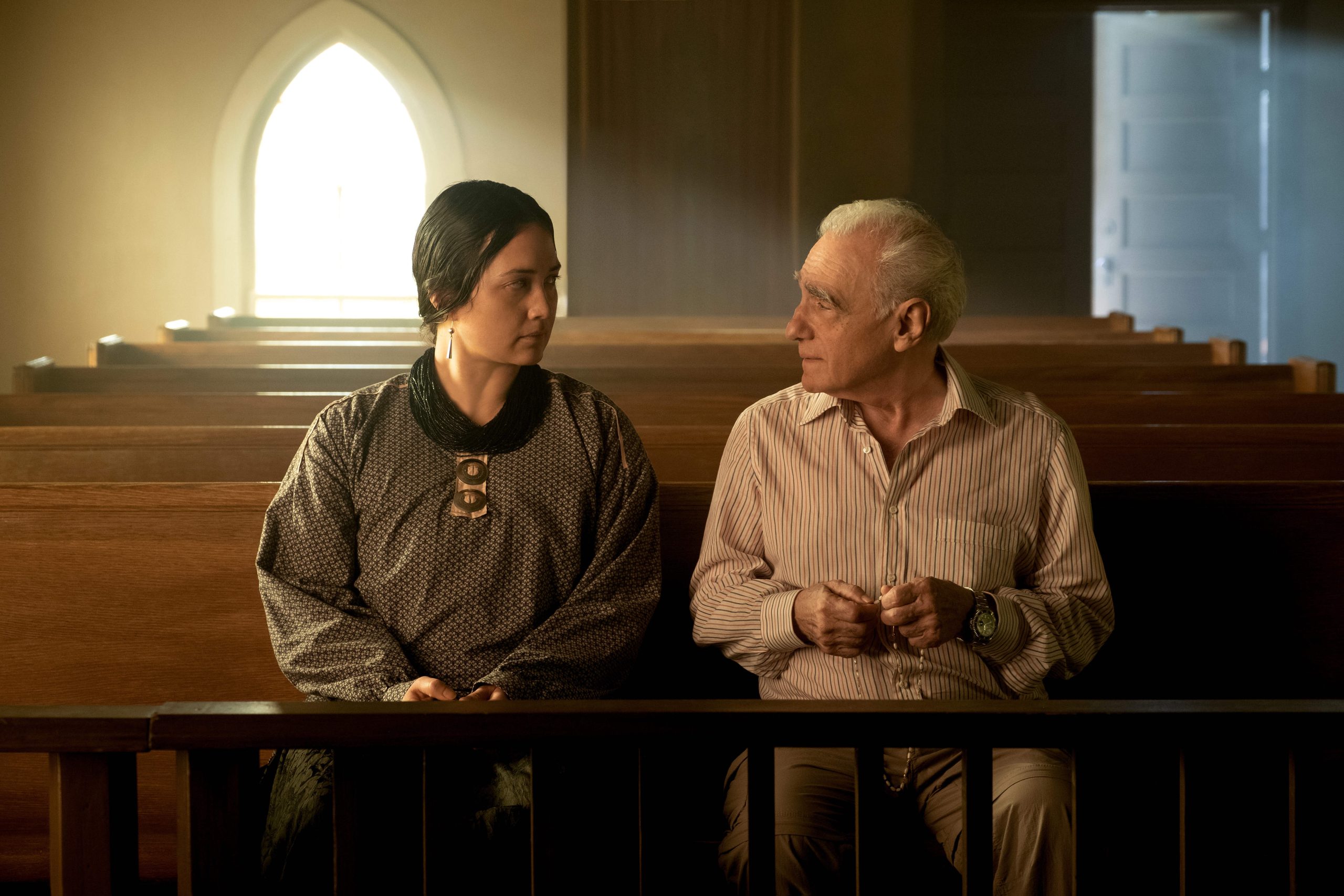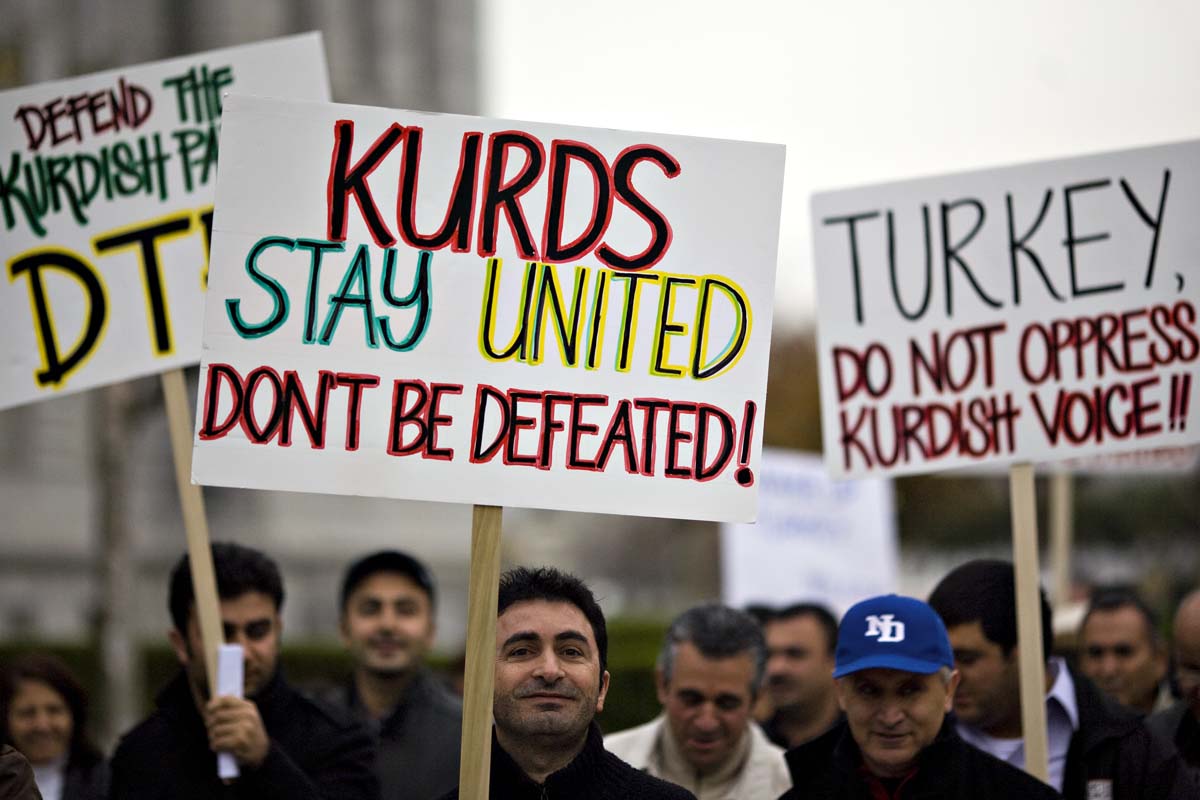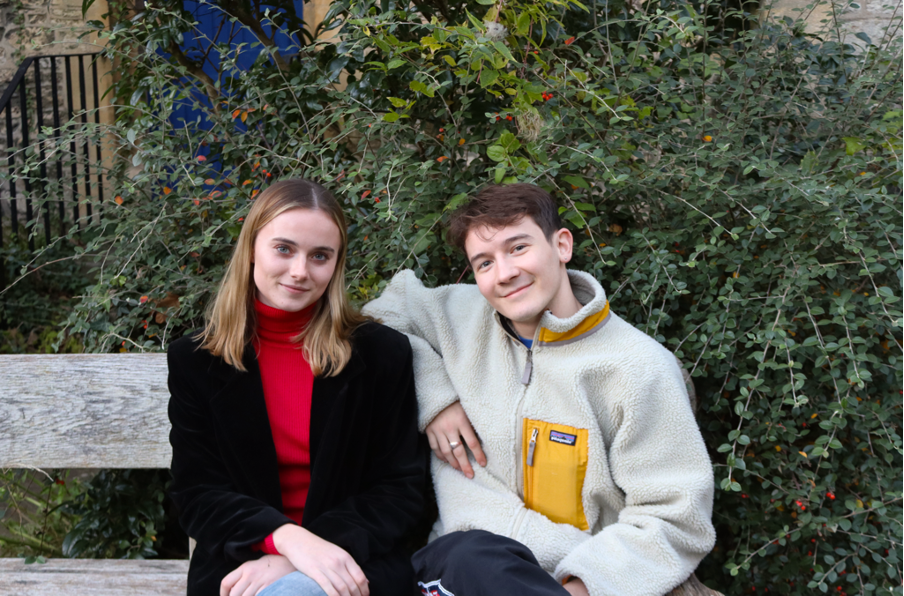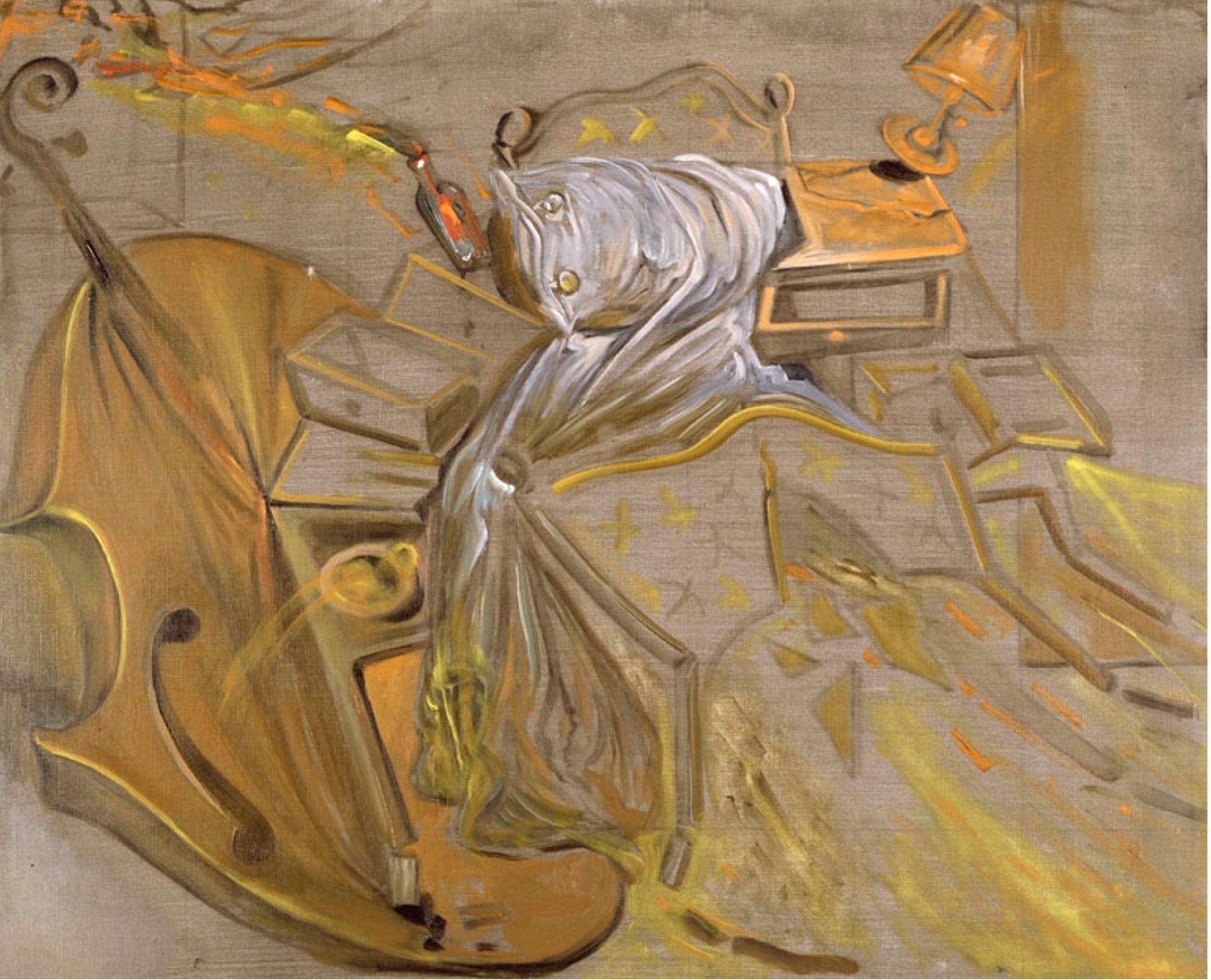
Review: Killers of the Flower Moon
I swore I wouldn’t let him do this to me again.
Marching into the British Film Institute, amongst a smug troop of film bros struggling not to update their Letterboxd before the projector even warmed up, I felt intimidated by the three-and-a-half hour run time of Scorsese’s new feature. Although it was released directly to Netflix, I had insisted on seeing his last major directorial release, The Irishman – an insistence I came to regret after two hours of De Niro muttering in a dimly lit room in whilst I resisted the primal urge to run for the urinal. At what point do films require an interval? Call me a Gen Z-er with the attention span of an excitable hamster, but I don’t think I’ve ventured that far from reason to need a quick toilet break, or brief leg-stretch, when consuming such vast artistic projects. But, despite my reservations, within the first minutes of Killers I was saddened that, sometime in the next three hours, the projector would stop rolling.
Based off of David Grann’s eponymous non-fiction book, Killers of the Flower Moon, the film chronicles a series of calculated murders in 1920s Osage County, Oklahoma. After discovering oil on their land, many native Osage tribe families accumulated wealth as opportunistic Americans flocked from around the country to make their buck in their booming oil fields. Scorsese seamlessly manoeuvrers the audience into the greed-fuelled climate which has resulted, swiftly introducing the key players. Returning from the First World War, Ernest (Leonardo DiCaprio), is reunited with his uncle William Hale (Robert DeNiro), who has made a name for himself in Osage, and offers Ernest work as a driver. What follows is a sinister romance between Ernest and the Native American Mollie Burkhart (Lily Gladstone) which is laced with deceit and punctuated by cold-hearted murder. This unfolds against the backdrop of a ensemble of distinct local characters whom Scorsese crafts into a living, breathing community: the sort of town where everyone knows who’s sleeping with who (which makes the central conspiracy all the more tantalising).
The three leads all deliver what will no doubt be considered Oscar-worthy performances. In a role worlds away from the aggressive degeneracy of Jordan Belfort in his last collaboration with Scorsese, DiCaprio makes Ernest a mouldable idiot willing to do the evil bidding of his coercive uncle –a familiar puppet master part which DeNiro relishes. He perfectly captures the omniscience (and faux omnibenevolence) of a political bully whose sole goal is to take everything from Osage and the people who call it home. Gladstone acts as the central representative of all the hurt suffered by the Osage tribe and provides the audience with an intimate insight into the personal and cultural exploitation experienced by members of the community. Despite the heavy subject matter of the film, the script is raw and sometimes funny, sprinkled with lines and instances that provide occasional comedic relief –an important addition given the 206 minute run-time. And yes, I have really banged on about the film’s length, but the pacing is truly masterful, and my small bladder was the least of my concerns.
Scorsese and his cast have constructed a captivating marathon of manipulation and deception which doesn’t miss a beat: every scene delivers impact. However, trying to form a cohesive accounts of my opinions on the film, I felt a vague sense of despair. It’s hard to pinpoint singular elements of the film which were lacklustre, but I certainly wanted more of an emotional pay-out. Much of the film revolves around a concentrated cohort of characters, who the audience is precluded from fully investing in: I couldn’t help but feel that they were a bit one-dimensional. Perhaps the oil itself should’ve been much more of a pivotal character. We are occasionally treated to striking imagery of the huge oil fields and workers covered in ‘black gold’, but with most of the film located at a distance from the process of oil extraction, the story feels removed from its fundamental driver. The ending also leaves much to be desired. It feels as though Scorsese fell asleep at the production table, realised the film was already long enough, and shoehorned in a three minute scene to quickly wrap things up.
Killers of the Flower Moon is enthralling account of one community built on the guiltless exploitation of another, explored primarily through the lens of a brutal family plot. It’s fair to say that Scorsese most definitely has still got it, and this is one worth booking your seats for in advance. Whilst, for me, Killers lacked the payoff I hoped it was capable of, it remains a sprawling epic, which faces its harrowing historical context head-on. Its educational insight cannot be undervalued.∎







